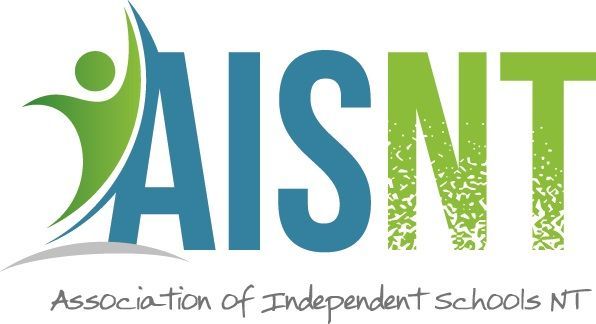Funding of Independent Schools
All Schools in Australia attracts some level of government funding to meet the needs of students. For non-government schools, the funding amount is dependent on the needs of the schooling community, and how much their parents earn. Schools with wealthier parent communities will receive less government funding.
This video, kindly shared by the Association of Independent Schools of NSW (AISNSW), explains the basics of funding.
Schooling Resource Standard (SRS)
Schooling Resource Standard (SRS) is the measure that identifies the base amount of funding a school needs to educate their students. The SRS base amount is calculated by multiplying the number of students enrolled by the SRS amount for the school year. In 2025, the SRS amounts are $13,977 for primary students and $17,565 for secondary students.
For non-government schools, the SRS amount is reduced based on Capacity to Contribute (CTC). Schools can receive additional funding known as SRS loadings which supports priority student cohorts and disadvantaged schools. These loadings include:
- Students with Disabilities
- Aboriginal and Torres Islander Students
- Socio-Educational Disadvantages
- Low-English Proficiency
- School Size
- School Location
School Loadings Help Address Educational Disadvantages


Capacity to Contribute (CTC)
Schools Capacity to Contribute (CTC) assessment reduces a schools SRS base amount for non-government schools. CTC measures the family and carers capabilities to financially contribute to the operating costs of running the school.
The Commonwealth Department of Education annually determine CTC scores by observing parents Direct Measure of Income (DMI) which reduces the overall base funding that school receives. It's important to highlight that CTC only impacts the SRS base funding and doesn’t impact on any of the schools' loadings.
Some non-government schools are exempt from CTC and won't have a reduction in their base funding. This includes schools with majority Aboriginal and Torres Strait Islander students, special schools, and special assistance schools.
Direct Measure of Income (DMI)
Direct Measure of Income (DMI) identifies the median family income of students at the school for any given year. This is calculated by linking parent/carers names and addresses with their income tax data to identify the schools DMI score.
The Commonwealth Department of Education determines this score by usings the Australian Bureau of Statistics (ABS) Person Level Integrated Data Asset (PLIDA). The schools CTC score is determined by identifying the average DMI score for the school over the previous 3 years.
Where it is not reasonable to use the schools DMI score, a school may use a Refined Area-Based (RAB) score which determines parent income based on where they live.
If a school's approved authority believes its CTC score to be inaccurate, they have the right to apply for a review.

$49 Million Saved
In Government funding due to contributions from families and private funding sources
$3,778
Is the Median Annual School fee for NT Independent Schools
*2021
Choice & Affordability Fund (CAF)
The Choice and Affordability (CAF) fund was developed to support the non-government school sector, to help provide a flexible means for driving government priorities. AISNT will administer funding in line with agreed priorities for the fund. This fund commenced in 2020, and will be provided to the non-government sector over the next 10 years until 2029.
This fund will supplement Commonwealth recurrent funding, to help drive government priorities. This includes;
- Supporting parental choice and affordability of schools.
- Assisting schools during the transition to the new Direct Measure of Income (DMI) for determining a non-government schools capacity to contribute.
- Assisting schools in regional and remote areas; and schools in drought affected areas.
- Enhancing student wellbeing and support initiatives.
- Lifting outcomes in underperforming schools.
Further Information:
As a part of our agreement, AISNT is required to provide our CAF workplans to allow visibility of where we are spending our fund
Choice and Affordability Fund 2023 - 2024
Choice and Affordability Fund 2022 - 2025
Choice and Affordability Fund 2020 - 2021


